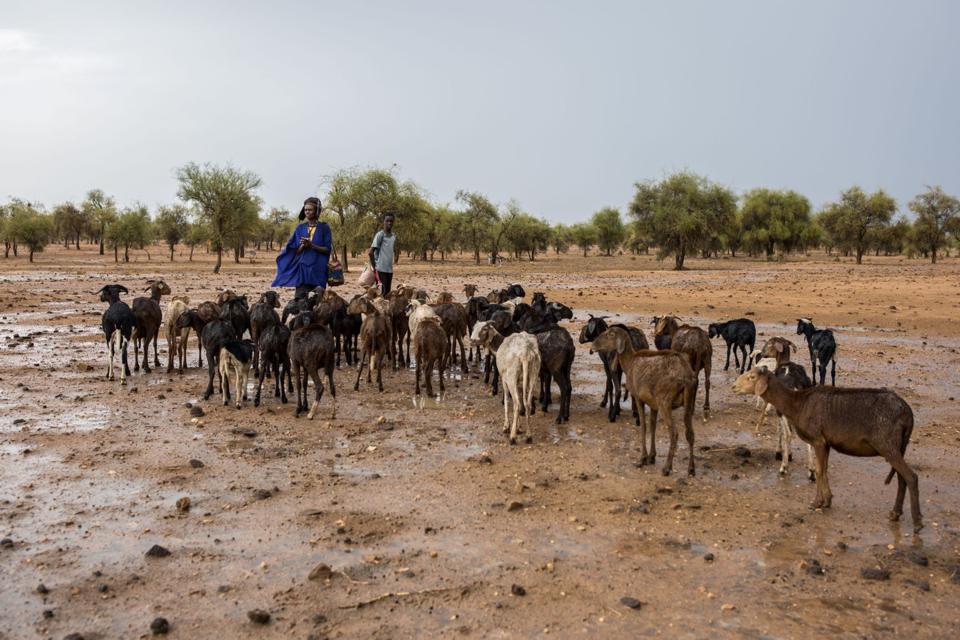Herders in West Africa’s Sahel are using Artificial Intelligence (AI) and tele-detection to help find food for livestock, navigate droughts, heatwaves, bushfires, and even Covid-19 closures.
With support from the World Bank, international nonprofit Action Against Hunger applied AI to create a unique system for real-time data collection and analytics for remote pastoralists in Sahel’s biogeographic region – the Pastoral Early Warning System (PEWS).
In 2020, the Sahel has experienced an exceptionally long and difficult pastoral lean season due to late rainfalls, which has caused a loss of pasture. Livestock farming accounts for 40% of the countries in this region’s agricultural GDP.
« The Sahel region of West Africa bears the brunt of many recent climate shocks, including record flooding and long periods of drought, » said Didier Verges, Prevention and Disaster Resilience Senior Advisor for Action Against Hunger. « This has a tremendous impact on herders who often walk for many miles to find food for their livestock, which they depend on to survive. »
PEWS uses satellites to measure biomass, surface water and current « traffic patterns » among livestock herds. Around 130 data collectors augment this information on the ground who submit surveys by SMS on market prices, grazing conditions and animal disease trends.
The AI analyzes the data and PEWS pushes out updates in French and other native languages to herders via local radio, SMS and local bulletins every ten days. PEWS alerts them of the best places to go for better grazing with fewer people, or how to spot signs of animal disease outbreaks. According to Action Against Hunger, these tech-enabled alerts are reaching more than 52,000 people in Senegal alone.
Lire la suite: www.forbes.com






